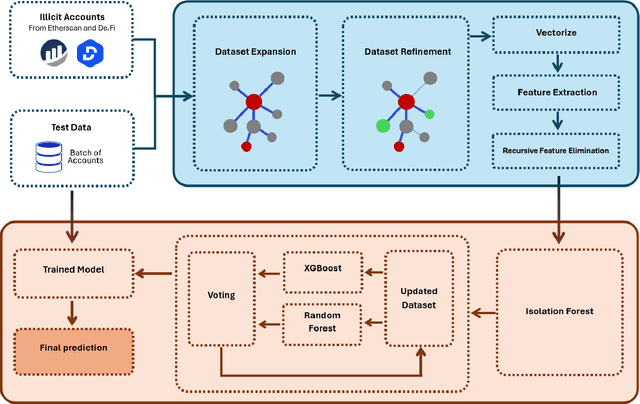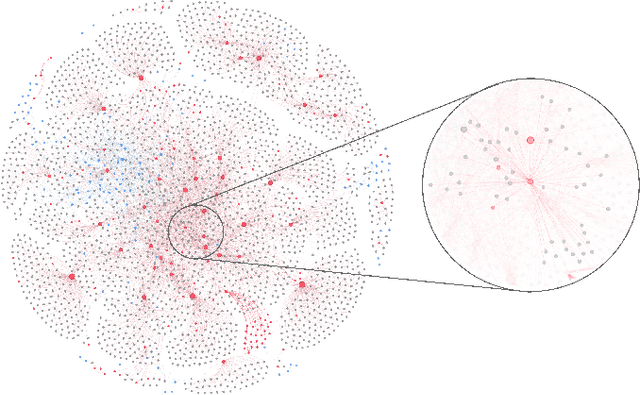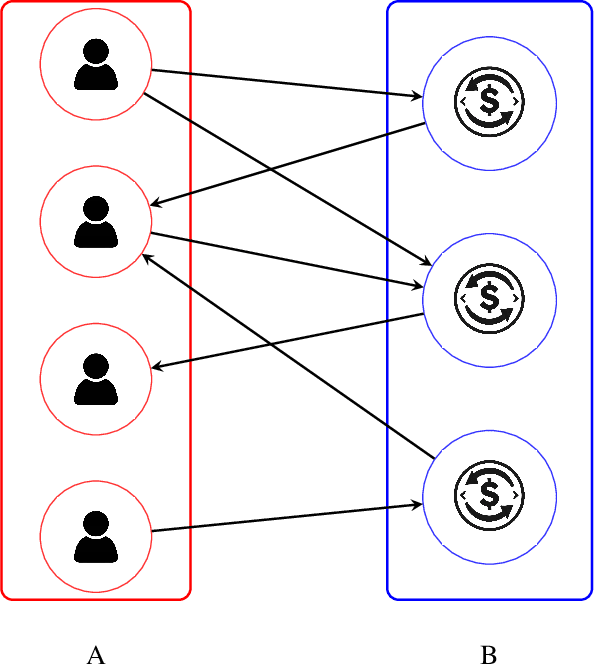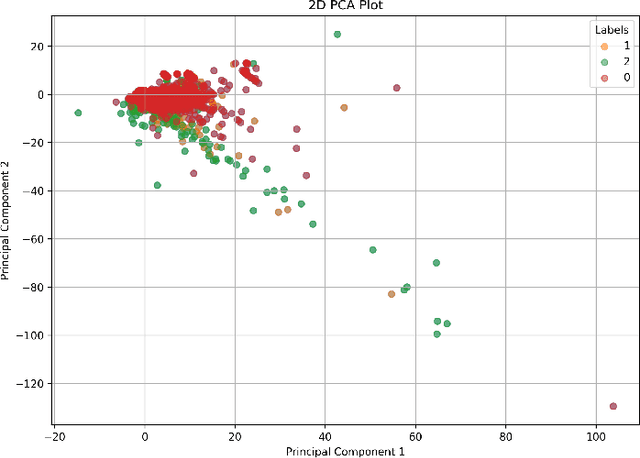Mohammad Mowlavi Sorond
Leveraging Graph-RAG and Prompt Engineering to Enhance LLM-Based Automated Requirement Traceability and Compliance Checks
Dec 11, 2024



Abstract:Ensuring that Software Requirements Specifications (SRS) align with higher-level organizational or national requirements is vital, particularly in regulated environments such as finance and aerospace. In these domains, maintaining consistency, adhering to regulatory frameworks, minimizing errors, and meeting critical expectations are essential for the reliable functioning of systems. The widespread adoption of large language models (LLMs) highlights their immense potential, yet there remains considerable scope for improvement in retrieving relevant information and enhancing reasoning capabilities. This study demonstrates that integrating a robust Graph-RAG framework with advanced prompt engineering techniques, such as Chain of Thought and Tree of Thought, can significantly enhance performance. Compared to baseline RAG methods and simple prompting strategies, this approach delivers more accurate and context-aware results. While this method demonstrates significant improvements in performance, it comes with challenges. It is both costly and more complex to implement across diverse contexts, requiring careful adaptation to specific scenarios. Additionally, its effectiveness heavily relies on having complete and accurate input data, which may not always be readily available, posing further limitations to its scalability and practicality.
Leveraging Ensemble-Based Semi-Supervised Learning for Illicit Account Detection in Ethereum DeFi Transactions
Dec 03, 2024



Abstract:The advent of smart contracts has enabled the rapid rise of Decentralized Finance (DeFi) on the Ethereum blockchain, offering substantial rewards in financial innovation and inclusivity. However, this growth has also introduced significant security risks, including the proliferation of illicit accounts involved in fraudulent activities. Traditional detection methods are limited by the scarcity of labeled data and the evolving tactics of malicious actors. In this paper, we propose a novel Self-Learning Ensemble-based Illicit account Detection (SLEID) framework to address these challenges. SLEID employs an Isolation Forest for initial outlier detection and a self-training mechanism to iteratively generate pseudo-labels for unlabeled accounts, thereby enhancing detection accuracy. Extensive experiments demonstrate that SLEID significantly outperforms traditional supervised approaches and recent semi-supervised models, achieving superior precision, recall, and F1-scores, particularly in detecting illicit accounts. Compared to state-of-the-art methods, our approach achieves better detection performance while reducing reliance on labeled data. The results affirm SLEID's efficacy as a robust solution for safeguarding the DeFi ecosystem and mitigating risks posed by malicious accounts.
 Add to Chrome
Add to Chrome Add to Firefox
Add to Firefox Add to Edge
Add to Edge